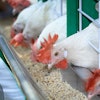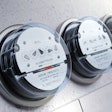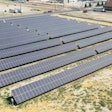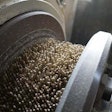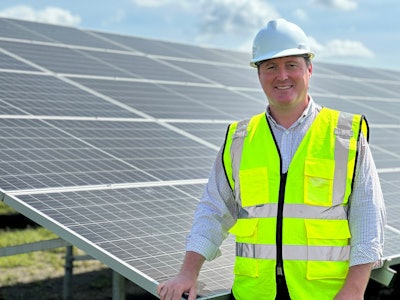
Florida's only rice mill, owned byFlorida Crystals Corp.in western Palm Beach County, is now convertingsunlight to renewable energyfor its operations via its 900-panel solar array and the firstTesla Megapackbattery in operation in Florida.
Florida Crystals is now expanding its investment in and commitment to renewable energy with its solar array and Tesla battery at its Sem Chi Rice Mill in Belle Glade.
"Our solar project is an amazing complement to how Florida Crystals is already powered," said Andy Sauber, senior director of sustainability. "The majority of the power for our operations already comes from the sun because our main fuel source is our own sugarcane fiber, which grows by converting and storing energy from sunlight."
Prior to this investment, Florida Crystals was already more than 80% powered by renewable energy companywide, which includes its agricultural and industrial operations as well as its corporate offices and fleet, by leveraging its advantage as one of America's largest growers of sugarcane, noted Sauber.
Sugarcane is one of the planet's most effective plants at capturing carbon and using it as food to grow. In the process, sugarcane produces more valuable plant fiber, or biomass, than any other crop, said Sauber. Florida Crystals uses its biomass as fuel to generate the clean, green energy that powers its operations.
"This new investment at our rice mill is literally making us even more solar-powered than we already are, but instead of storing the energy in our plants, we are utilizing a Tesla Megapack battery," he said.
Panels and battery work in tandem to provide power after dark
The solar photovoltaic system and the Megapack -- Tesla's utility-scale battery -- work in tandem: the solar panels provide power to the rice mill and charge the battery during the day, and the battery then supplies power to the rice mill after dark.
This first phase of the solar project powers one of the rice mill's two electrical meters and will supply approximately 20% of the total energy needs. The system is estimated to reduce carbon by 250 tons annually and helps move the company closer to its goal to become carbon neutral.
Reliable power is critical at the rice mill
In addition to its environmental benefits, the solar panels and battery will also provide a reliable power source to the South Florida rice mill, which supplies 90 million pounds of locally grown rice each year – enough to feed more than 4 million people annually.
Reliable power is critical to ensure continual operation of the silo fans that protect stored rice from moisture. The new system is especially critical in south Florida, because the end of the rice harvest season, when are storage silos are at full capacity, coincides with peak hurricane season, when there is a much higher likelihood of power shortages.
The Megapack now eliminates the need for industrial-sized diesel generators, which would have been temporarily installed after hurricanes.
"The solar panels, and particularly the Tesla battery, provide reliable electricity throughout the day and night, ensuring continuous operation of the mill and the protection of our staple food products no matter what Mother Nature has in store," said Sauber.




